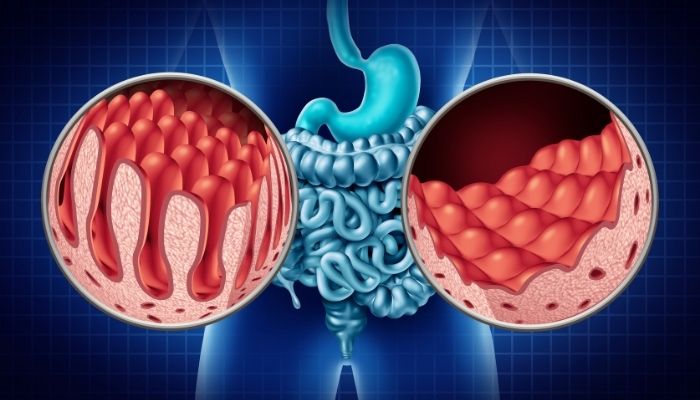Raghavendra, a 45-year-old man, was suffering for quite some time. He was facing issues with allergic reactions of various types on a daily basis. Once he consulted his doctor, he was asked to undergo a celiac disease test. The results confirmed that he had this ailment, and was intolerant towards gluten. He consumed wheat on a regular basis and this could have been the trigger for the issue to flare up periodically.

Celiac disease is a disorder of the immune system which leads to allergic responses of the body towards gluten. The protein contained in barley, wheat, rye and other items is known as gluten. Gluten is also present in items like medicines, toothpaste and lipstick in some cases. A good celiac disease test will try to find antibodies for gluten within the bloodstream. Antibodies are nothing but substances which combat diseases within the immune systems of our bodies. The immune system is supposed to combat bacteria and viruses although with this disease, consumption of gluten leads to the immune system targeting the small intestine lining in turn and damages the villi. This may lead to digestive system issues and prevent the body from absorbing vital nutrients that it requires for growth and development.
The celiac blood test is also known as the celiac disease antibody test, anti-endomysial antibodies, anti-tissue transglutaminase antibody or anti-TG and deamidated gliadin peptide antibodies among other names. It is used for diagnosis and tracking of celiac disease along with understanding whether a gluten-free dietary regime is helpful in relieving celiac disease symptoms in adults.
An Overview of Celiac Disease Test
| Name of the Test | Celiac Disease Test |
| Reason for Testing | Diagnosis, Monitoring of Celiac Disease and determine the impact of gluten-free diets on relieving symptoms. |
| Symptoms | Digestive disorders, sudden weight loss, lower appetite, pain in the abdomen, vomiting and nausea, constipation, diarrhea, etc. |
| Results | Positive, Negative and Uncertain |
| Also Included in | Health Insurance Plans |
| Cost | Rs. 1,100 - Rs. 1,500 |
When is the celiac disease test necessary?
You will require in case you witness the following symptoms:Children-
- Vomiting
- Nausea
- Delayed onset of puberty
- Bloating and pain in the abdomen
- Foul-smelling stools and diarrhea
- Constipation
- Sudden loss of weight
- Irritability
Adults-
- Diarrhea
- Vomiting
- Nausea
- Reduction in appetite
- Sudden loss of weight
- Pain or bloating in the abdomen
- Sores in the mouth
- Bone losses
- Itchiness and rashes
- Anemia or iron deficiency
- Headaches
- Fatigue
- Depression
- Missing periods
- Tingling sensations in the feet and hands
Testing Procedure
The healthcare or diagnostic professional will draw out the blood sample from your arm with a needle. Post insertion, the blood will collect in the vial/test tube. You may feel only a little pinching or stinging sensation upon insertion. The procedure only requires a few minutes.Is Any Preparation Required?
You should keep consuming gluten-containing food items for some weeks before testing in most cases. The doctor will give you other specific recommendations regarding preparation for the test.Risk Factors Arising from the Test
There are almost zero risks of taking this blood test. You may feel a slight sting or pinch in the arm when the needle goes in or comes out. You may witness a little bruising or pain at the spot of the injection. However, these symptoms go away on their own and quickly at that.Understanding the Results
The results are usually the following-- Positive- You already have celiac disease.
- Negative- You do not have this disease.
- Indeterminate- It is still unclear as to whether you have this disease or not.


